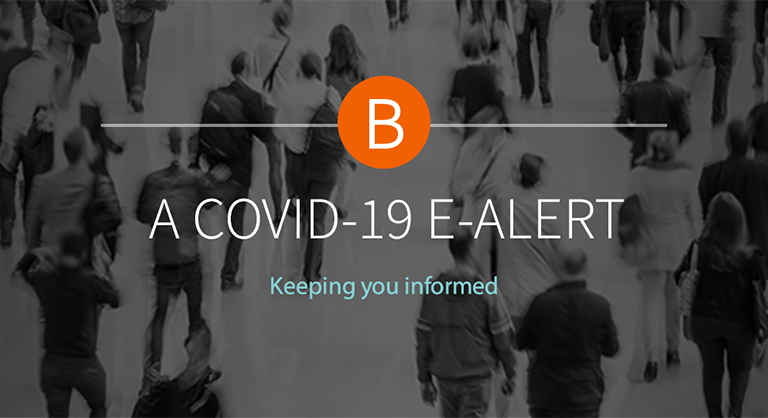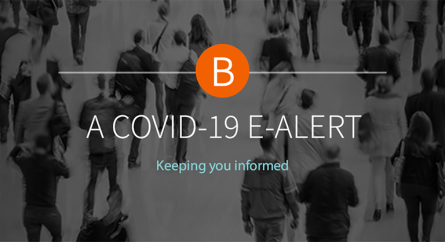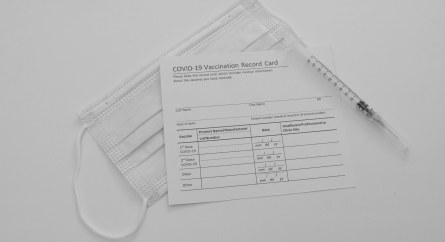Health Insurance Enrollment Rules Eased Because of COVID-19
As Job Losses Grow, States Respond by Easing Health Insurance Enrollment on State-based Obamacare Insurance Exchanges.
Obamacare Exchange Health Insurance
In response to the growing number of people who have and are expected to lose their jobs and their employer-sponsored health insurance, many states—including Massachusetts—have opened up the enrollment window and eased requirements to obtain health insurance through the state-run exchanges. Here in Massachusetts, the exchange is called the Connector. The Connector and the other state-based programs are important for laid-off workers because they provide income-based subsidies that reduce the individual’s out-of-pocket expense. These subsidies make premiums on exchange-based policies more affordable than COBRA continuation coverage, which allows a former employee to continue on the employer plan but at the full premium cost.
According to a recent study by the Kaiser Family Foundation, 17 million Americans are uninsured and eligible for Obamacare coverage. More than 4 million of these uninsured are eligible for so-called bronze plans that would not cost them anything in monthly premiums—importantly, however, in exchange for a plan with no or very low monthly premiums, these plans have higher deductible, out-of-pocket costs.
Anyone who is currently covered by an exchange-based plan and whose financial situation has worsened because of a cutback in hours or the loss of a full-time job, should visit their state’s exchange website to see if they qualify for an increased subsidy.
Anyone who does not have health insurance, not just people who have lost their insurance along with their job, can sign-up now for an exchange-based policy. So, someone who may not have wanted insurance in normal times but who wants to buy insurance now is able to do so.
Not all states have opened up enrollment, nor has the federal government, which manages the marketplace exchanges for 32 states.
Special Enrollment Periods
Many states in this region have opened special enrollment periods for their state-based health insurance exchanges:
In Massachusetts, enrollment is open through April 25, 2020. Eligible Massachusetts residents who need health insurance can call 877.523.6765 to start enrollment or go to www.mahealthconnector.org.
Rhode Island has opened a Special Enrollment Period (the “SEP”) through April 19, 2020. Online applicants are instructed to use “COVID-19” as the reason they need the SEP. Call 855.840.4774 for enrollment help or visit healthsourceri.com/sep/.
Vermont is offering a one-month Special Enrollment Period for those eligible Vermonters who do not currently have health insurance. The state is also temporarily waiving financial verifications upon enrollment; extending current coverage periods until after the COVID-19 emergency ends; and is suspending certain terminations of insurance. For more, visit portal.healthconnect.vermont.gov/VTHBELand/welcome.action.
New Hampshire does not have its own exchange, instead it relies on the federal exchange at healthcare.gov. Information is available here: www.nh.gov/insurance/consumers/faq-finding-coverage-recently-lost-health-insurance-coronavirus.htm.
Connecticut is opening enrollment to uninsured residents through April 2, 2020. Information available by calling 855-365-2428 or visiting www.accesshealthct.com/AHCT/LandingPageCTHIX.
New York has its Special Enrollment Program through April 15 for its residents who do not now have health insurance. Visit nystateofhealth.ny.gov/.
Medicaid
Medicaid is a joint federal/state health insurance program that is run by each state. Health insurance is free or heavily subsidized for eligible qualifying individuals and families.
MassHealth, the Massachusetts Medicaid program, accepts applications for coverage all year long. Eligibility is limited to people and families earning less than 138% of the federal poverty level, about $17,000 for an individual and $35,500 for a family of four.
Anyone who currently has insurance through the Connector and who has lost a job or is earning less because of a cutback in hours may qualify for a higher subsidy.
Categorized: COVID-19 Resources
Tagged In: coronavirus, COVID-19, health insurance, Obamacare









